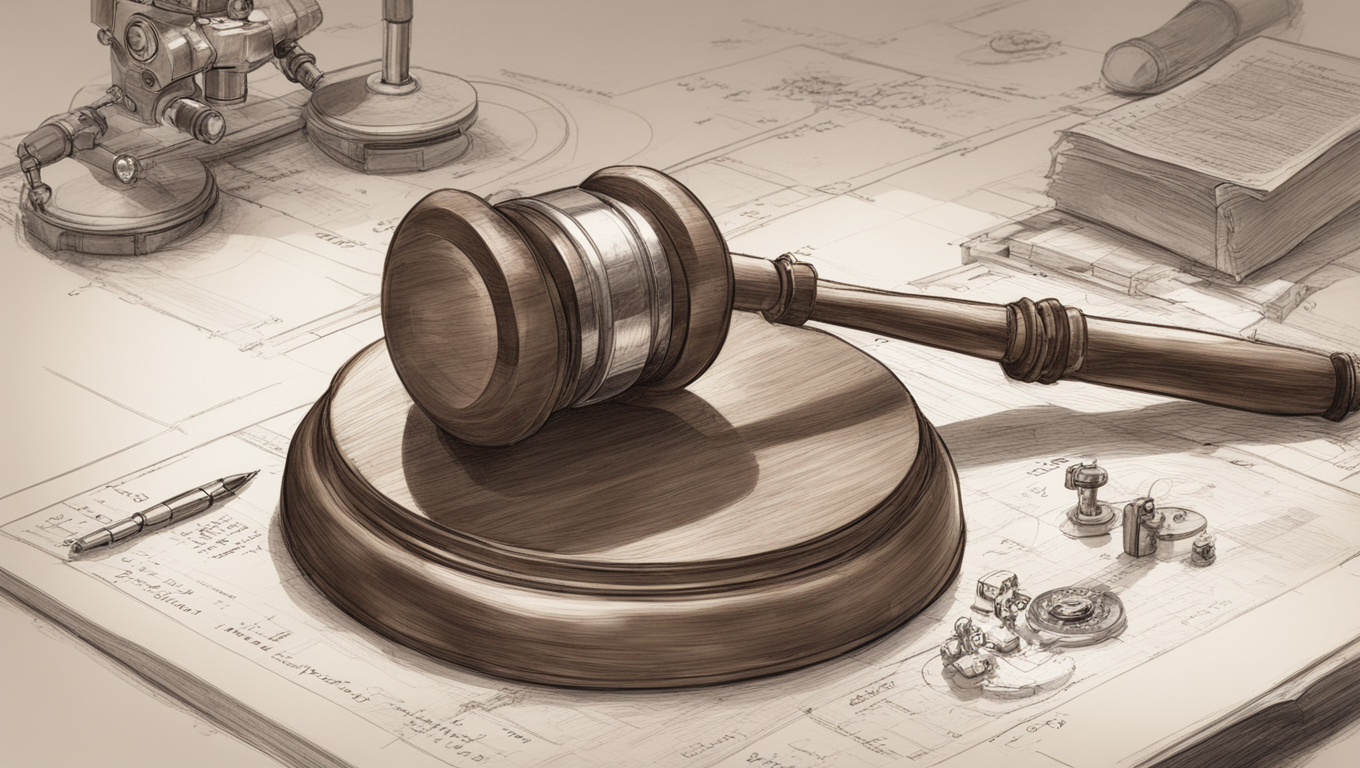In a groundbreaking ruling, the Supreme Court has stated that artificial intelligence (AI) cannot be named as an inventor for the purposes of securing patent rights. This decision comes after a long-running dispute between technologist Dr. Stephen Thaler and the United Kingdom’s Intellectual Property Office (IPO). Dr. Thaler sought to list an AI machine, named DABUS, as the inventor for two patents. However, the IPO rejected his bid, stating that an inventor must be a person.
The case reached the highest court in the UK, where a panel of five Supreme Court justices unanimously dismissed Dr. Thaler’s case. The central issue in the DABUS dispute was not whether the AI machine created its inventions, but rather how patent applications are made under the current legislation.
Lord Kitchin, delivering the ruling, affirmed the IPO’s decision, stating that DABUS is not and never was an inventor. He emphasized that the AI machine is not a person and did not devise any relevant invention. Therefore, it cannot be considered an inventor for the purposes of the 1977 Patents Act. Lord Kitchin further stated that Dr. Thaler’s applications should be taken as withdrawn because he failed to identify any person as the inventor of the inventions described.
The Supreme Court also rejected Dr. Thaler’s argument that he, as the owner of DABUS, was entitled to apply for patents for the AI’s inventions. Lord Kitchin stated that DABUS is a machine with no legal personality, and as such, Dr. Thaler has no independent right to obtain a patent for any technical advance made by the AI.
Importantly, the judge emphasized that this case does not address the broader question of whether technical advances generated by AI-powered machines should be patentable. It also does not tackle the question of expanding the definition of “inventor” to include AI machines. These questions remain open for future consideration.
This landmark ruling by the Supreme Court solidifies the current interpretation of patent law, which recognizes inventors as individuals and not AI machines. It highlights the need for further debate and legislation regarding the patentability of inventions created autonomously by AI. As technology continues to advance, these legal questions will become increasingly significant.
Dr. Thaler’s case has served as a crucial test for the current legal framework. Although the ruling was clear in its conclusion, it raises important broader issues and challenges for the future. As AI continues to evolve and become more sophisticated, it may be necessary to reevaluate the criteria for inventorship and the patentability of AI-generated innovations. This decision lays the groundwork for further discussions and potential revisions to patent law in the future.





Use the share button below if you liked it.